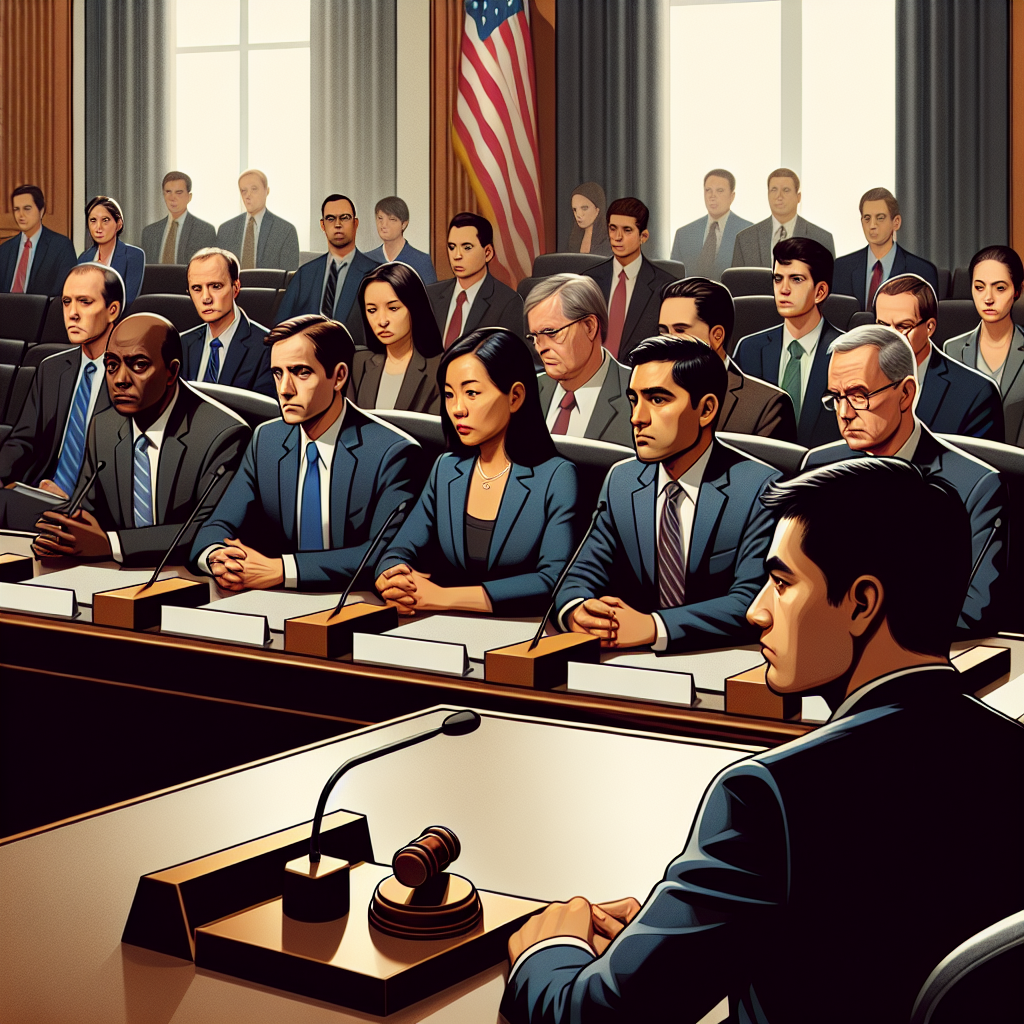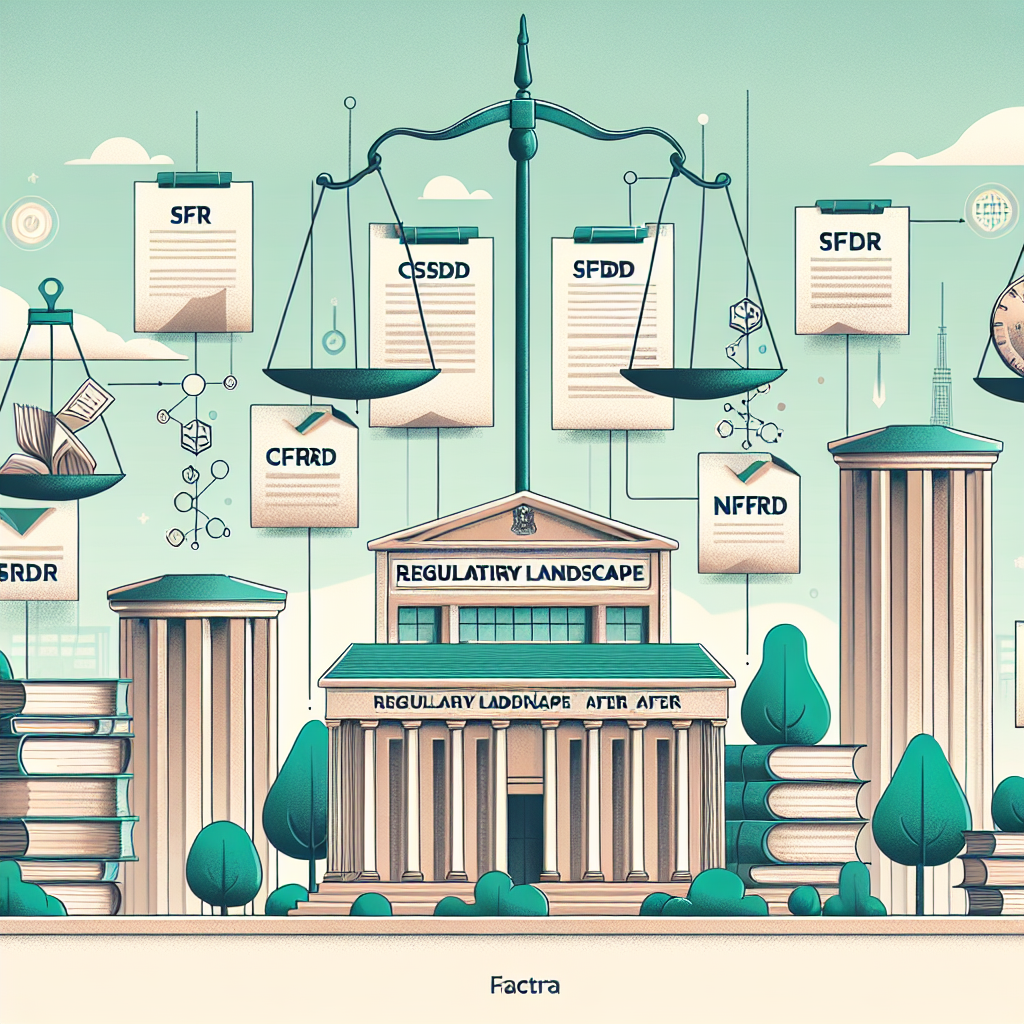The Impact of Antitrust Concerns on Tech Giants in Congressional Hearings
Tech Giants Face Scrutiny Over Antitrust Concerns in Congressional Hearing
In recent years, tech giants such as Google, Facebook, Amazon, and Apple have come under increasing scrutiny over concerns of antitrust violations. These concerns have prompted congressional hearings to investigate the market dominance and potential anti-competitive practices of these companies. The impact of these antitrust concerns on tech giants in congressional hearings cannot be understated, as it has the potential to reshape the landscape of the tech industry.
One of the main issues at the center of these hearings is the market dominance of these tech giants. Critics argue that these companies have become too powerful and have stifled competition, making it difficult for smaller players to enter the market. This has raised concerns about the lack of innovation and choice for consumers. By examining the practices of these companies, lawmakers hope to determine whether their market dominance is a result of fair competition or anti-competitive behavior.
Another key concern is the potential abuse of data by these tech giants. With access to vast amounts of user data, companies like Google and Facebook have been accused of using this information to gain an unfair advantage over their competitors. This has raised concerns about privacy and the protection of user data. Congressional hearings aim to shed light on how these companies collect, store, and use data, and whether they are in compliance with existing regulations.
Furthermore, the acquisition of smaller companies by tech giants has also come under scrutiny. Critics argue that these acquisitions are often used to eliminate potential competitors and consolidate market power. By acquiring smaller companies, tech giants can effectively control the market and prevent new entrants from challenging their dominance. Congressional hearings seek to determine whether these acquisitions are in the best interest of consumers and whether they have had a negative impact on competition.
The impact of these antitrust concerns on tech giants in congressional hearings is not limited to potential regulatory action. These hearings also have significant implications for the public perception of these companies. As the hearings are widely covered by the media, they serve as a platform for lawmakers to publicly question the practices of these tech giants. This can have a lasting impact on the reputation and trustworthiness of these companies, potentially leading to a loss of consumer confidence.
Moreover, the outcome of these hearings could result in significant regulatory changes for the tech industry. If lawmakers determine that these companies have engaged in anti-competitive behavior, they may propose new regulations or even break up these tech giants to restore competition. This could have far-reaching consequences for the tech industry, as it would require these companies to restructure their operations and potentially divest certain assets.
In conclusion, the impact of antitrust concerns on tech giants in congressional hearings is substantial. These hearings provide an opportunity for lawmakers to examine the market dominance and potential anti-competitive practices of these companies. The outcome of these hearings could lead to regulatory changes and reshape the tech industry. Additionally, the public perception of these companies may be affected, potentially leading to a loss of consumer confidence. As the hearings continue, it remains to be seen how these concerns will be addressed and what the future holds for these tech giants.




